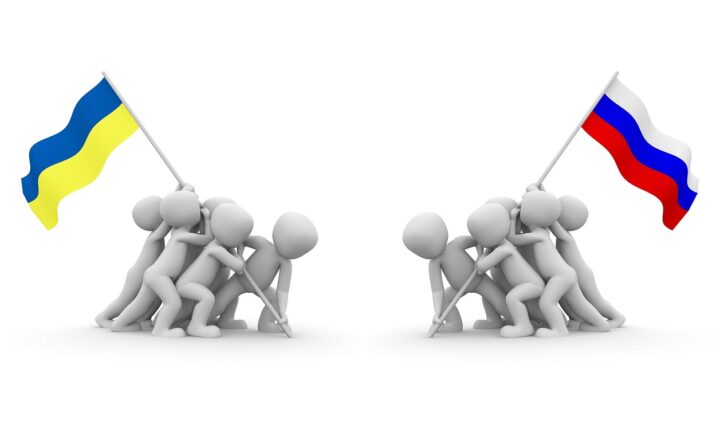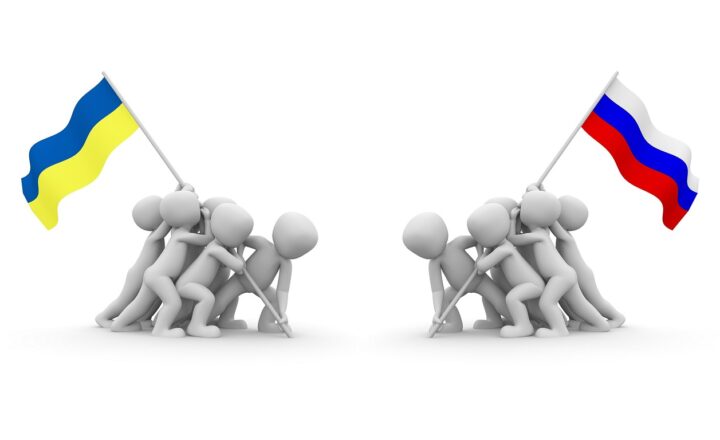
History is often told through the lens of great wars and pivotal conflicts, shaping nations and cultures. But beneath the well-documented battles lie countless untold stories that reveal the profound human experiences behind conflicts. In this article, we delve into some of these lesser-known tales, highlighting the voices often overshadowed by the grand narratives of history.
1. The Battle of Stalingrad: Heroes Amidst the Horror
The Battle of Stalingrad (1942-1943) is one of the bloodiest battles in history, signifying a turning point in World War II. While the sheer scale of the battle is well-known, the stories of ordinary soldiers who fought against insurmountable odds are less often told.
Among them was Vasily Zaitsev, particularly notable for his extraordinary sniper skills. His story illustrates the war’s impact on individual lives. Zaitsev not only took down enemy soldiers but also became a symbol of resilience for the Soviet people.
Yet, it was not just the soldiers who bore the weight of war. Civilians suffered unimaginable hardships and losses during the siege. Families were torn apart, and survival often meant making harrowing choices. Resilience flourished amidst despair as communities came together to support one another, forging bonds that persisted long after the war ended.
2. The Siege of Leningrad: A Tale of Survival and Spirit
The Siege of Leningrad (1941-1944) lasted for 872 days, resulting in the deaths of nearly 1.5 million people. While the military strategies are well documented, stories of the city’s residents reveal the extraordinary spirit of survival amidst dire conditions.
Amid rationing and starvation, artistic endeavors flourished as residents engaged in poetry, theater, and music as a means of coping with their reality. One poignant figure was Anna Akhmatova, a prominent poet whose works resonated with the resilience of her people. The harsh atmosphere of siege inspired new art forms, contributing to a unique cultural legacy shaped by despair.
3. The American Civil War: The Hidden Stories of the Women Warriors
The American Civil War (1861-1865) is often portrayed as a struggle between the North and South, focusing on famous generals and notable battles. However, women played a crucial role, often overlooked by history.
Women like Clara Barton, who later founded the American Red Cross, provided critical support on the front lines, tending to wounded soldiers. Others, like Frances Clayton, disguised themselves as men to fight in combat, risking their lives not only for their beliefs but also to challenge gender norms of their time.
One lesser-known story is that of Loreta Velazquez, a Cuban immigrant who fought in the war disguised as a soldier, later recounting her experiences in a memoir. Such narratives underline the multifaceted nature of wartime experiences and showcase resilience across gender lines.
4. The Korean War: Voices from the Divided Nation
The Korean War (1950-1953) is sometimes referred to as the “Forgotten War,” overshadowed by World War II and the Vietnam War. However, beneath its politically charged surface lie the stories of families divided by a ceaseless conflict.
North and South Korea remain divided to this day, with stories of reuniting families becoming a powerful symbol of the human cost of conflict. Individuals like Kim Soo-hyun, who was separated from her family as a child when the Korean Peninsula was divided, capture the emotional devastation caused by war. Her attempts to locate family members echo similar sentiments felt by thousands of others.
The cultural and emotional impact of the Korean War permeates both nations, as public sentiment continues to evolve regarding the legacy of the war and the hope for eventual reunification.
5. World War I: The Untold Stories of the Christmas Truce
World War I (1914-1918) is often remembered for its trench warfare and devastating battles. However, one of the most heartwarming yet rarely highlighted events is the Christmas Truce of 1914.
On Christmas Eve, soldiers from opposing sides put aside their weapons to share a fleeting moment of humanity. They sang carols, exchanged gifts, and even played football, showcasing a rare glimpse of camaraderie amid chaos. One British soldier recalled how the sound of laughter replaced the roar of artillery, a moment that stood in stark contrast to the violence of war.
These brief interludes remind us of the shared humanity across enemy lines, where soldiers, despite their circumstances, found solace and connection in that moment of peace.
Conclusion: The Importance of Untold Stories
While history often emphasizes conflicts and battles, the untold stories encapsulate the human spirit, resilience, and the interconnectedness of experiences. By uncovering these narratives, we gain a deeper understanding of history’s complexities and the profound impacts on individuals and societies.
As we learn from these stories, we honor the experiences of those who lived through these pivotal conflicts, ensuring that their legacies are remembered in the broader tapestry of our shared human history. In a world still riddled with conflict, these stories serve as a reminder of our shared humanity, urging us to empathize and learn from the past.
Revisiting History
Historians and educators face the critical task of addressing these untold stories, integrating them into the fabric of mainstream historical discourse. By doing so, we ensure that future generations will not only understand the events of the past but also grasp the experiences of those who lived through them, thereby fostering empathy and awareness in our constantly evolving society.






